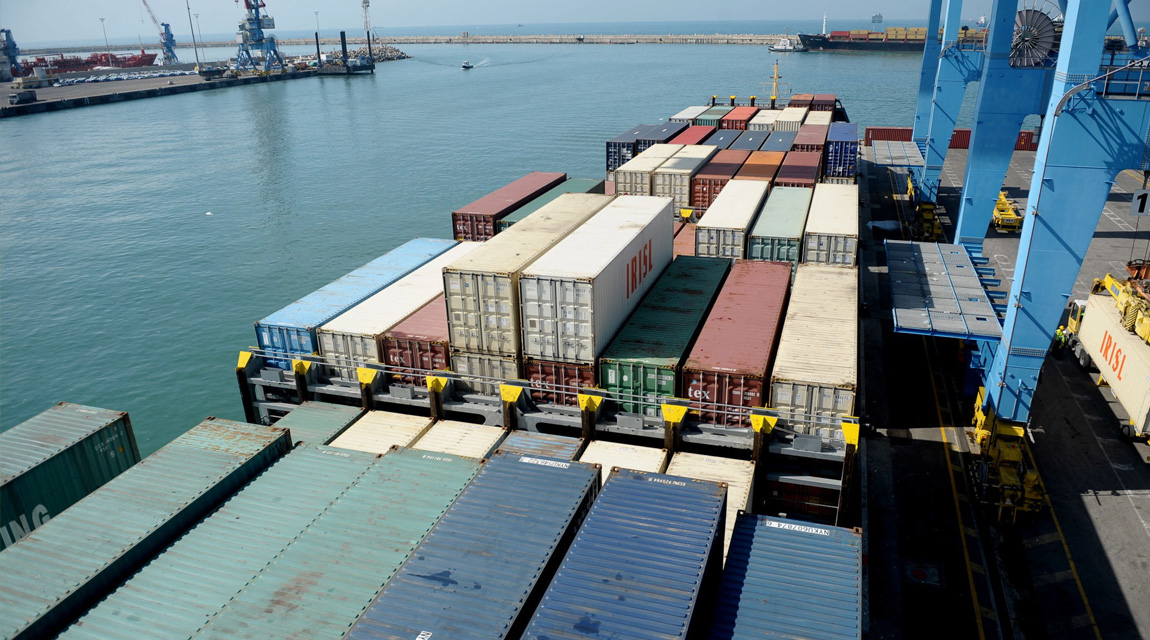Are you up to speed with SARS compliance?

From August 1, the South African Revenue Service (SARS) will introduce penalties for Reporting of Conveyances and Goods (RCG) non-compliance. The new Cargo Processing System (CPS), to be implemented under the RCG project, reflects the new legislative framework for cargo reporting – as set out in the Customs Control Act, 2014 – and significantly improves cargo management and supply chain security.
CPS – which includes import and export reporting, as well as trans-shipment reporting – introduces a number of new supply chain reports, including out-turn reports, gate reports and pre-loading notices for containerised cargo.
Although it has been mandatory to submit electronic cargo reports to SARS since 2009, this has never been strictly enforced in order to give industry the opportunity to develop the necessary capability to report electronically.
Following the end of the grace period, from August 1 SARS will impose penalties against all parties in the supply chain that are non-compliant in respect of their reporting obligations as set out in the rules of Section 8 of the Customs and Excise Act, 1964 (as amended).
The RCG – one of the three main pillars of SARS’s New Customs Act Programme (NCAP) – will come under the spotlight at the SA Association of Freight Forwarders (SAAFF) Congress 2018.
This year’s Congress takes place on August 29 and 30 at the Cape Town International Convention Centre.
“With the grace period for implementing RCG coming to an end on August 1, the SAAFF Congress will no doubt enjoy lively and robust discussions on the challenges around RCG compliance,” says SAAFF CEO David Logan.
SAAFF, in partnership with SARS, has already hosted six informative workshops countrywide to ensure a smooth transition to the new system.
Logan says that the implementation of RCG is a huge project, with significant technical development required by external stakeholders to become compliant – hence the initial three-month period following the implementation where penalties would not be levied against cargo reporters.
Building on the foundations laid by SARS’s current Manifest Processing (MPR) system, RCG will be the first component to be delivered under NCAP. Phase 1 of NCAP implementation is a prelude to the requirements for registration, licensing and accreditation.
RCG is part of the World Customs Organisation adoption of the SAFE Framework of Standards to Secure and Facilitate Global Trade (SAFE Framework) that will act as a deterrent to illicit trade, secure revenue collections and promote trade facilitation worldwide.
Click here for more information on the congress.
Published by
Focus on Transport
focusmagsa




